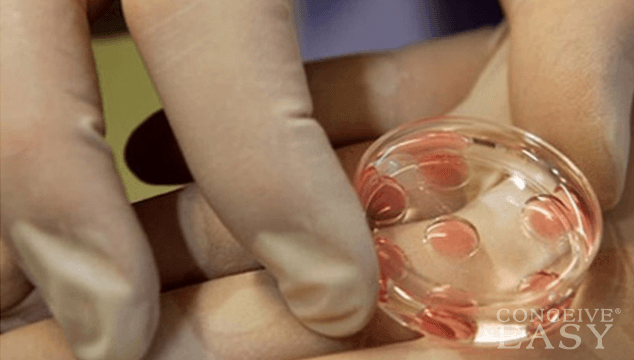Statistical data shows that the average age when women can still become pregnant and give birth to healthy babies is continuously increasing. While the best age to get pregnant is certainly in a woman’s 20s, it is growing more possible to get pregnant older. Claim Your 20 Free Pregnancy Tests – Click Here
The scientific advance in assisted medical technologies has made it possible for ladies in their fifties to get pregnant. In what follows, we will answer some of the most frequent questions asked by ladies who consider trying in vitro after 50.

As a woman’s fertile period usually comes to an end once menopause has begun, most pregnancies after the age of 50 become possible only with the help of in vitro fertilization using donor eggs. The IVF process implies thorough medical investigations both on the donor and the mother-to-be.
Women undergoing IVF can choose between using an egg of someone they know or using an egg of an anonymous donor, from an egg bank. If neither the egg, nor the sperm coming from the couple trying to conceive is suitable for fertilization, IVF can be done with donor embryos, which means that the embryo comes from either an anonymous couple or from a couple the patient knows and has chosen for the donation.

In IVF with donor eggs, both the mother and the donor are required to undergo fertility treatments to synchronize their ovulatory cycles – the donor needs to ovulate exactly when the lining in the uterus of the mother-to-be provides the most welcoming environment for the donor’s fertilized egg.
When the donor eggs are ready, your doctor will remove them and have them fertilized with the donor sperm. After a few days, the resulting embryo is transferred into the uterus of the mother, where it will grow to become a baby.

Women who undergo IVF at any age are exposed to a certain amount of risks of developing complications during the pregnancy. However, several scientific studies prove that ladies over 50 do not present higher levels of risk than in the case of pregnancies after the age of 40. These risks usually involve developing diabetes and hypertension, pre-enclampsia, miscarriages and premature birth, but, with proper prenatal care, most of these pregnancies can be successfully taken to term.
Having in vitro after 50 is becoming more and more popular, both among childless couples and people who already have children and would like to have another baby at a more mature age. Though subject to numerous controversies, IVF at a more advanced age is possible and presents high success rates.










Comments